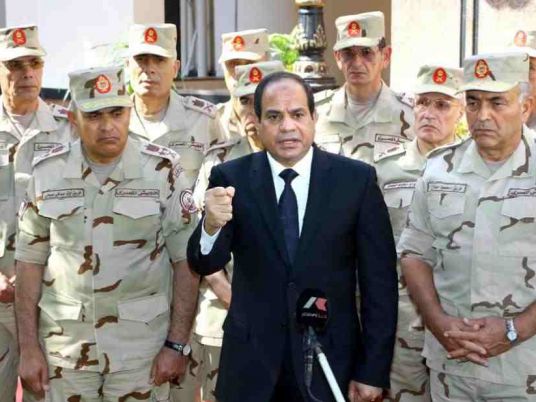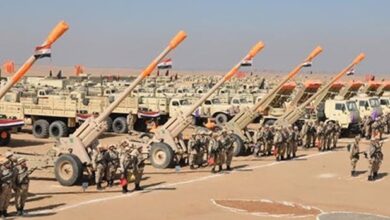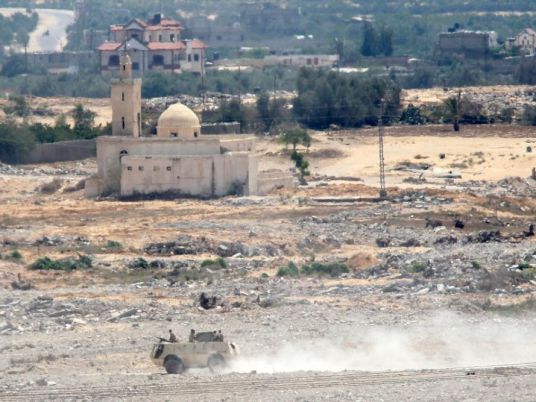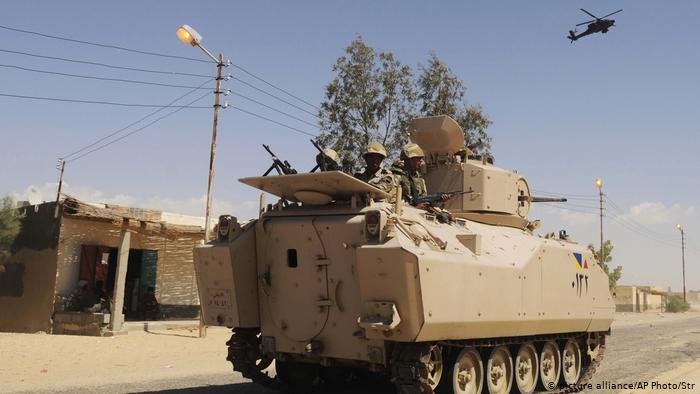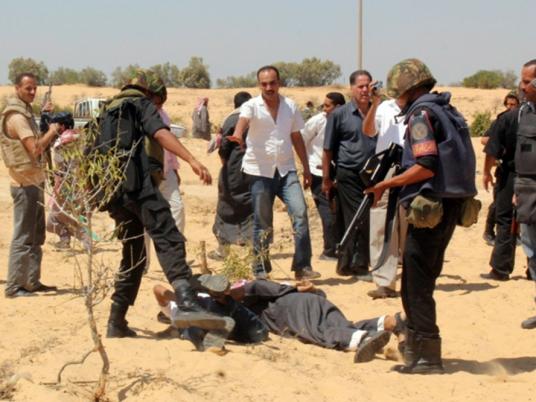
Egypt has identified seven suspects, including one Egyptian, in the killing of 16 border guards last month that triggered the biggest security sweep along its frontier with Israel in decades, the interior minister said.
The attack on 5 August, the worst since Egypt's 1973 war with its Jewish neighbor, underlined how lax policing in the region has emboldened Islamist militants to step up attacks on Egyptian security forces and the Israeli border.
Lawlessness in Sinai deepened after the overthrow of Hosni Mubarak last year and his successor as president, Mohamed Morsy, has vowed to restore order.
"The security apparatus succeeded in identifying the perpetrators of the incident that killed Egyptian soldiers in Rafah," Interior Minister Ahmed Gamal Eddin told state-owned Al-Akhbar.
He told the daily newspaper that the Egyptian suspect belonged to a dormant local jihadi cell but did not mention the nationalities of the other suspects or say if any of the seven had been detained.
Gamal said security forces were still trying to root out members of "disparate" militant groups, some of whom espoused the "takfiri" doctrine, which sees modern society as godless and therefore to be avoided, or attacked.
A complex relationship between the hardline Islamist groups, security forces and local Bedouin tribes hostile to the Cairo government complicates efforts to pacify the region.
It also makes it harder to verify reports of the security mission in the isolated region and the local response.
Joint army-police raids on suspected militant hideouts began a few days after the attack, employing attack helicopters, armored vehicles and hundreds of troops.
The army says 11 militants have been killed and 23 arrested, 11 vehicles impounded and weapons seized including five boxes of Israeli-made ammunition.
The crackdown has the cautious approval of Israel which is alarmed by the increasing audacity of the Sinai militants. Analysts say some of them may have links to Al-Qaeda.

